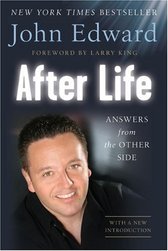
Many years later, I better understood my attraction to Crossing Over as my metaphysical gifts came to fruition. As I started to develop my gifts, I wanted desperately to read John Edward’s books, but because of my multiple chemical sensitivities, I could not read the paper versions and there were no digital editions available. I bought the paperback books and put them on my shelf, waiting for the day when I had enough health to read them. Eventually that day came, and over a few weeks, I happily read through most of his Edward’s non-fiction works. They were easy, fun, enjoyable books for me.
As I read through the books, I quickly recognized that Edward’s dysfunctional father was both an alcoholic and a narcissist; as a result, Edward was mostly estranged from his father as an adult. I understood completely from personal experience how and why that narcissism can create a situation in which it’s best for the child to separate from the toxic parent. It’s a very difficult situation for the adult children involved. Our society does not support this kind of “divorce” between a parent and child. Instead, adult children are chided for breaking the Judeo-Christian commandment “honor thy father and mother.” However, in situations where the converse of “honor thy child” is not being respected, a parental-child divorce can be the healthiest thing for all those involved.
My mother undeniably has narcissistic personality disorder, though for the almost 17 years she was in my life, she never received an official diagnosis. It’s rare for narcissists to receive diagnoses because they are often able to present themselves very well to strangers. It is only in living with narcissists or working extensively with them that their true natures are revealed. I have dozens if not hundreds of stories that typify my mother’s narcissism though for the purposes of this blog post, one will suffice.
After my daughter Rebecca died, we received abundant condolence cards for the month afterward. About eight weeks after her death, a card arrived from my mother, whom I had not had any contact with in over seven years at that point. I had not informed her of my pregnancy or my daughter’s death, but we still had common contacts; she likely found out through one of those channels. Unlike most people who sent us bereavement cards, my mother sent me (and not my husband) a card that was about how wonderful daughters are. To someone who doesn’t understand narcissism or my mother, this would seem like a cruel and demented sentiment: I had just lost my only daughter (at that time) to death, yet my mother had sent me a card telling me how wonderful daughters are. However, if you analyze the situation with the knowledge that my mother is a narcissist, the situation makes a great deal more sense: She was only thinking from her point of view. She was trying to express emotion about my loss, but the only way she could do it was by vocalizing her position: She missed her daughter. She couldn’t think through the whole process that I had actually lost my own daughter and that her card was incredibly inconsiderate of that.
For years, many people had told me that I would regret my estrangement from my mother when she died. I would suddenly realize that it was too late for us to work through our differences. There would be no second chance. But as I read chapter 11 of John Edward’s book After Life: Answers from the Other Side, I found a very different perspective. Edward discovered that he was actually able to begin working through his issues with his father after his father’s death once his father was freed from some of his earthly burdens such as alcoholism. While Edward clearly encourages that people should “communicate, appreciate, validate" every day before they lose their loved ones, he does offer hope that reconciliation can happen after death. Working from that place, I finally came to true peace with estrangement from my mother. I realized that even when she dies, I don’t expect to grieve for her. I may once again grieve for the healthy mother whom I never experienced, but I know I will be fine whether she is in this world or the next. I’ve spent many hundred years attached to her soul, and I no longer have any desire to be associated with her. Losing her in no way seems like a loss.
My mother’s parents have both come to visit me from the other side. I never met my grandfather in real life as he died ten years before I was born; my grandmother died when I was 17. Interacting with them after I opened to the metaphysical helped me to understand that while they might have shed burdens such as alcoholism, unless they choose to work on their souls after death, they still carry their soul level issues with them. Neither of my maternal grandparents had done extensive work on themselves, and thus, interacting with them was not inspiring or sentimental. They were very spiritually unhealthy people whom I didn’t want to have around. Quite honestly, if my mother takes the same position of not working on herself after death as her parents have, I definitely don’t want to get back in touch with her then either!
I am grateful for the peace I have reached with being estranged from my toxic mother. I have known from early on that it was for the best, but our society doesn’t always understand that. Instead, mother-daughter relationships are glorified in a way that isn’t always true. While I didn’t receive that love as a daughter, I have been able to experience it as a mother with my living daughter, and for that blessing, I am truly grateful.
© 2015 Elizabeth Galen, Ph.D., Green Heart Guidance
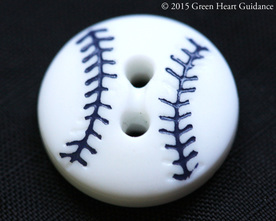
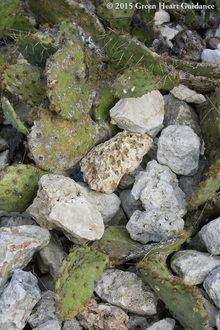
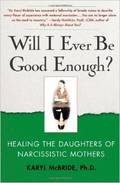
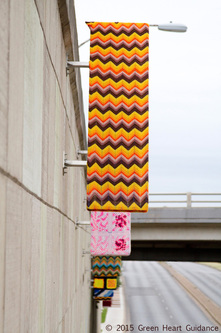
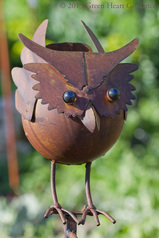
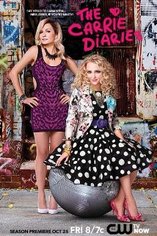
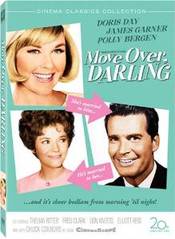
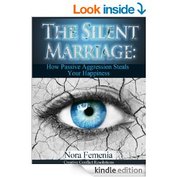
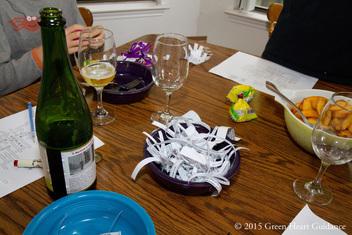
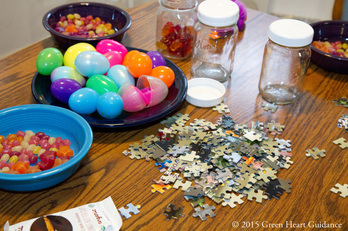
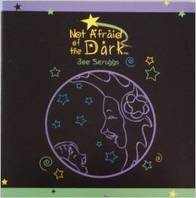
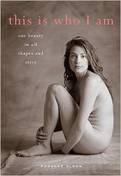
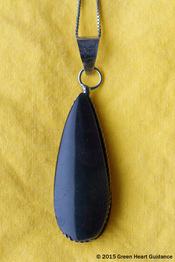
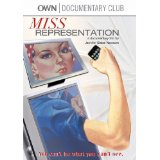
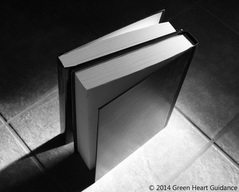
 RSS Feed
RSS Feed